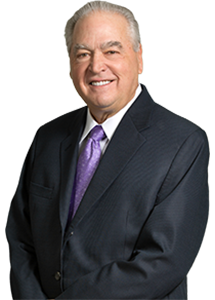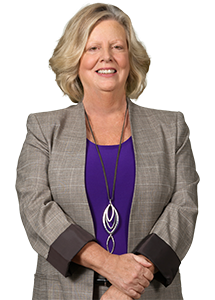The revocable trust is the document that is almost always the centerpiece of the estate plan. Simply put, the revocable trust is almost always the document that controls who gets what. That might be counterintuitive to some people who assume the Will is the “dispositive document.” But, most often, the Will serves only two purposes: (1) It is where clients nominate the person or persons who will raise their minor children, and (2) it is the clean-up document which transfers any property that has inadvertently not been otherwise transferred as part of the estate plan. In other words, other than the critical, crucial role of naming the so-called guardian of minor children, if the planning has been done correctly, the Will is irrelevant.
Let’s take a step back—how can that be? Isn’t the Will THE document that states who gets property when someone dies? First, if the property transfers by either title or contract, it is that title or contract (not the Will or trust) that determines who gets that property. For example, if Mr. and Mrs. Smith own their house as joint tenants with the right of survivorship, and Mr. Smith’s Will provides that his interest in the house goes to his son upon his death, then if Mr. Smith dies first, Mrs. Smith will own the entire house. Given the titling of the property, the survivor—in this case Mrs. Smith—is the sole owner upon the death of the joint tenant (Mr. Smith). So even though Mr. Smith’s Will attempts to transfer one-half interest in the house to his son, the title trumps that intent—making the Will, as to the house, irrelevant.
Second, if property is transferred by contract, it is the contract rather than the Will (or trust for that matter) that controls who gets that property. For example, let’s say Mr. Smith owns a stock brokerage account. Mr. Smith completes a beneficiary form leaving the stock account to his son. Later, Mr. Smith remarries and thereafter has a falling out with his son and disinherits him under his Will. When Mr. Smith dies, who gets the stock in the brokerage account? The answer is, his son—the property passes by contract, so the contract, not the Will, controls. The contract says that the account goes to Mr. Smith’s son at his death. Again, as to that account, the Will is irrelevant.
Finally, it is inevitable that the client will own some property that does not pass by either title or contract. So that property will pass by Will, correct? The answer to that question is yes; if our client, Mr. Smith, dies owning property—property that does not pass by title or contract—it will pass by his Will. But the goal of our estate plan is to have Mr. Smith die owning no property—at least no property that does not pass by contract or title. But why?
If Mr. Smith dies owning property that does not pass by title or Will, that property generally must go through the process of probate before it gets to its intended recipient. So what is probate? Essentially it is a public process wherein what you own and who you owe is filed with the court and becomes part of the public record. For some people, the lack of privacy in that process is troublesome. For others, that is not an issue, but the cost and delay of the probate process is problematic. Generally, all things considered, most clients decide that probate is to be avoided rather than embraced. But the only way to avoid probate is to die owning nothing, nothing other than assets that pass by title or contract. Is that practical? It is if you transfer all of those assets to a revocable trust.
A revocable trust is a trust controlled by the client. So if Mr. Smith creates a revocable trust, he will be able to access that trust property any time he wants, for any needs or desires he has. He will be able to change the trust and terminate the trust any time he chooses. From a practical perspective, a revocable trust is identical to outright ownership. But the advantage is that, legally, it is not ownership and any asset in the trust does not have to go through probate. If all of Mr. Smith’s assets—those that do not pass by title or contract—are in his revocable trust—he avoids probate. And again, all things being equal, that is a good thing. Finally, the trust would provide who gets the property upon Mr. Smith’s death—it can be worded identically to how he would draft his Will. For example, the trust could provide that, at his death, the trust property is distributed equally to Mr. Smith’s children.
So that is the revocable trust in a nutshell; the centerpiece of the estate plan.










